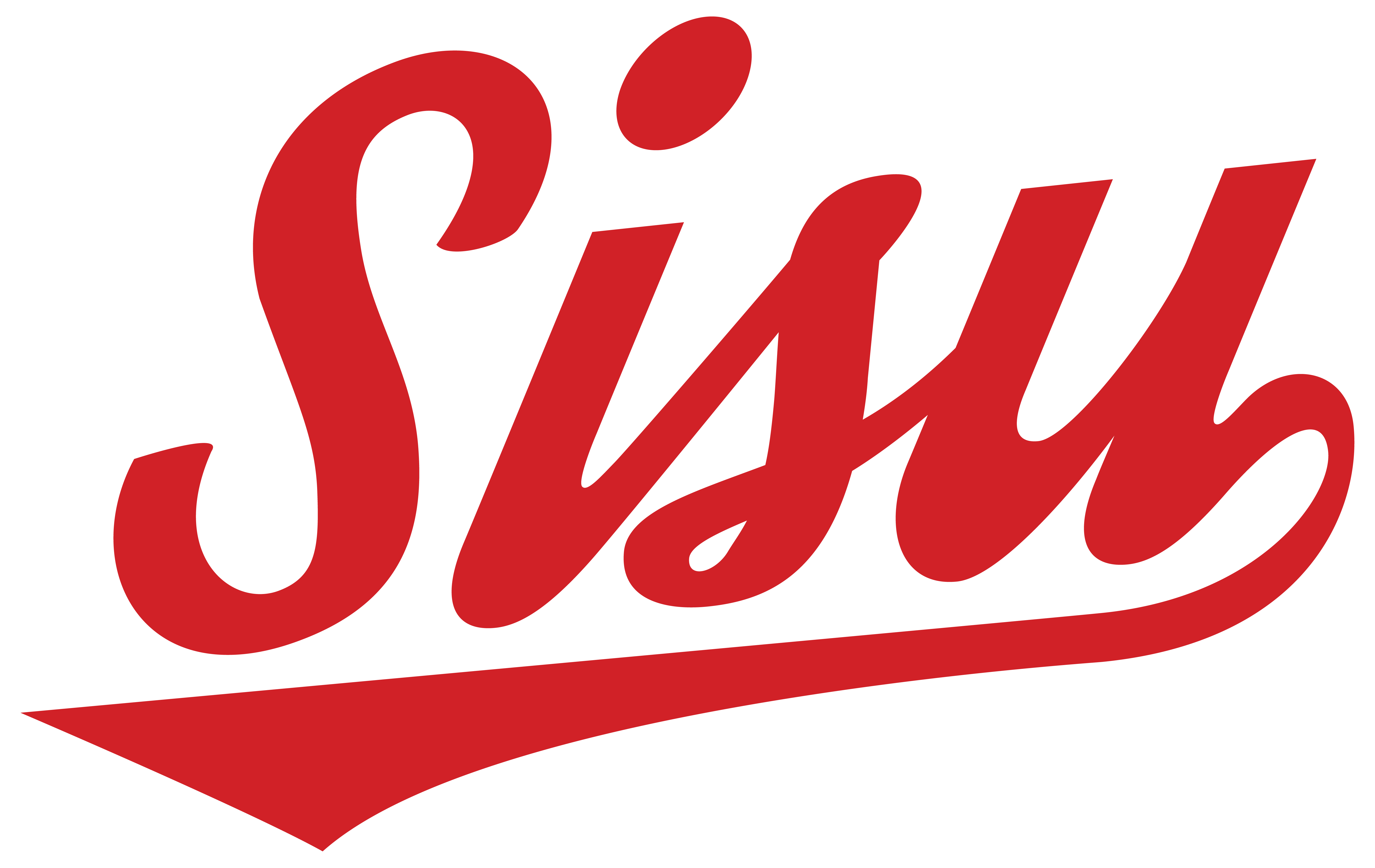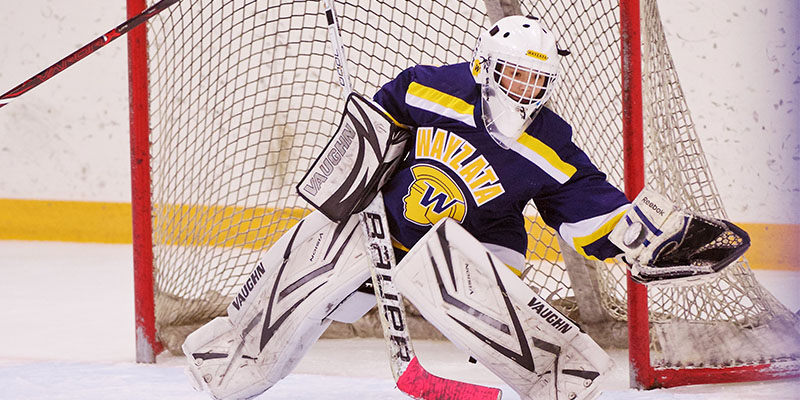Youth Athletes: Building a Foundation of Success
Balancing being a kid and pursuing a passion for competing and being the best in your chosen sport is no easy task. We see athletes on the big screen and want to be just like them, but having the passion and desire to compete is only the beginning. The other 95% takes place off the court, field, or rink. While everyone loves the lights, attention, and trophies, very few are willing to put in the work to get there. The countless hours in and out of the gym perfecting your sport, body, and mind is nothing short of a full time job at the professional level.

Off Season Training for a Pro Athlete
Take a look at what off season training looks like for a professional hockey player. During the summer, most hockey players will train twice a day. They will have a morning session in the weight room and a skating session in the afternoon, all together totalling about 3 hours of training per day. Summer hockey is not simply scrimmages and time to have fun; it is valuable time to train weaknesses, perfect skills, and work on overall fitness. In the weight room, they are working on explosive strength, conditioning, and mental toughness. On the ice, they are doing the same with power skating, shooting accuracy, edge work, and much more. This consistent dedication during the off months is what makes for a successful season.
High School Sports Training vs. Pro Sports Training
All that sounds pretty intense, right? While a young athlete certainly doesn’t need to be dedicating as much time to their own sport, there is opportunity to learn from the daily habits of a pro athlete. Athletic development begins at a young age when athletes start to not only work on their sport but their physical capacity and mental toughness. General physical preparedness is the foundation of a successful athletic career. A well-rounded focus during the jr. high and high school years prevents young athletes from over-stressing the body in sports specific movements while strengthening weak areas that aren’t addressed in practice. There is no need for a young athlete to target sport specific training until college when they are singularly focused on one sport. In the early adolescent and high school years, athletes should be participating in a number of activities to keep their bodies healthy.
Eating to Perform

It should also be understood that training is just the beginning. Nutrition is also important, and learning what to eat and when to eat it will benefit you in the long run. Eat colorful foods – plants, meats, and fruits – and stay away from fast foods and heavily processed items. When you go to the grocery store think about staying on the outside edge of the store and not venturing too far into the middle isles.
SISU Summer Athlete Program
Ultimately, every athlete knows that they need to get bigger, stronger and faster, but the question lies in how to get there while keeping your body healthy. Take your first step by challenging yourself both physical and mentally at the Sisu Summer Athlete Program and watch your development as an athlete skyrocket! The 12-week summer program focuses on building strength, aerobic capacity, teamwork skills, and more. Sessions start on June 11 and registration is open now!
___
Written by Josh Freitas, SISU Coach and Summer Athlete Program Coach

